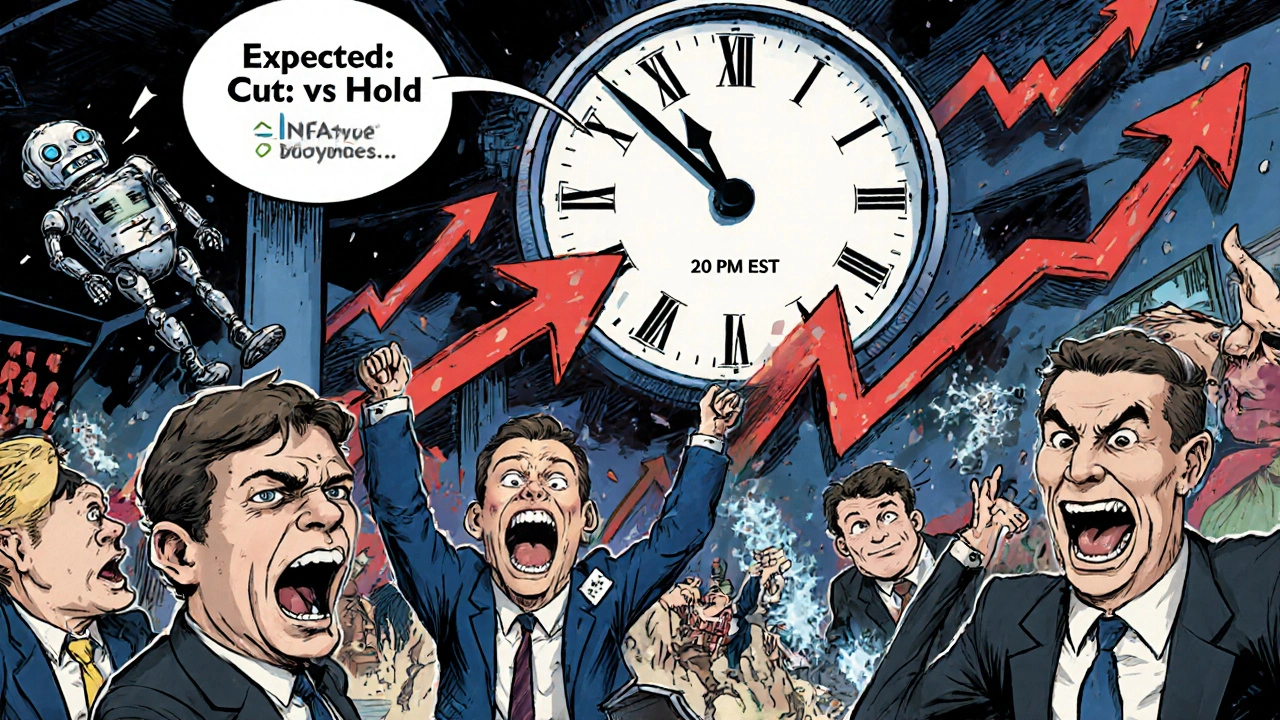CPI Reports: What They Mean for Your Investments and Wallet
When you hear CPI reports, the Consumer Price Index measures how much prices for everyday goods and services have changed over time. Also known as inflation data, it’s not just a number the government releases—it’s a direct line to your paycheck, your savings, and your portfolio. If CPI goes up, your groceries, gas, and rent cost more. That means your money buys less. And if your investments aren’t growing faster than CPI, you’re losing ground—even if your account balance looks fine.
That’s why inflation, the rate at which prices rise across the economy isn’t just a buzzword. It’s the silent thief of wealth. When the Fed sees a hot CPI report, they often raise interest rates, the cost of borrowing money, which affects mortgages, credit cards, and investment returns. Higher rates can slow down the stock market, make bonds more attractive, and shift where smart investors put their money. If you’re holding cash in a savings account earning 0.5%, but CPI is at 3.5%, you’re losing 3% every year—no magic, just math.
CPI reports don’t just affect big banks or economists. They change what you should do with your paycheck. If inflation’s climbing, dollar-cost averaging into ETFs might help you stay ahead. If it’s cooling, maybe it’s time to rebalance into growth stocks. You can’t control CPI, but you can control how you respond. The posts below show you exactly how top investors use CPI data to adjust their portfolios, protect their savings, and spot opportunities others miss. You’ll find real examples—like how a single CPI print sent robo-advisors into gear, or why REITs became a go-to hedge last year. No fluff. No jargon. Just what works when prices are rising.
Event Trading: How to Trade Fed Days, CPI Reports, and Earnings Weeks
Learn how to trade Fed Days, CPI reports, and earnings weeks with a proven strategy that targets predictable market volatility. Discover what separates profitable traders from those who lose money.
View More